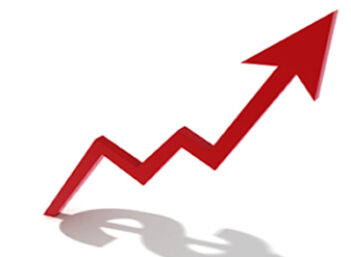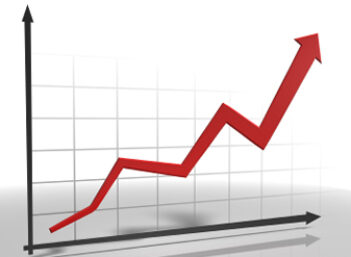Any American who has been to the U.K. can tell you that just because two countries speak the same language doesn't mean they...well, speak the same language. Consider this sentence, written in British English:
John got so sick on chips last night that he razzed all over the bonnet of Jake's lorry before he could get to the petrol station loo.
In American English, that sentence means:
John got so sick on French fries last night that he threw up all over the hood of Jake's truck before he could get to the gas station bathroom.
As you can see, we may understand the words, but their meanings depend on where we are. Of course, the financial world does a pretty good job of using universal terms, but when it comes to options, there are a few crucial differences in how they do things across the pond.
First, A Word About Options
All options are derivative instruments, meaning that their prices are derived from the price of another security. More specifically, options prices are derived from the price of an underlying stock.
Every option represents a contract between a buyer and seller. In a call option, for example, the buyer has the right -- but not the obligation -- to buy stock from the seller at a specified price by a specified date. Meanwhile, the seller of an options contract has the obligation to complete the transaction when the buyer chooses.
When an option expires, if it is not in the buyer's best interest to exercise the option, then he or she is not obligated to do anything. The buyer has purchased the option to carry out a certain transaction in the future -- hence the name.
Though these ideas are universal, Americans do it differently when it comes to timing compared with Europeans -- particularly when it comes to that expiration date -- and that can have big consequences for your portfolio.
American Options
An American option -- let's say it's a call option -- gives the buyer the right, but not the obligation, to purchase 100 shares of a particular underlying stock at a specified strike price on or before the option's expiration date.
Let's say that on January 1 you purchase an American call option on shares of Intel (Nasdaq: INTC) with a strike price of $40 and an expiration date of April 16. This option gives you the right to purchase 100 shares of Intel at a price of $40 on or before April 16 (the right to do this, of course, will only be valuable if Intel is trading above $40 per share at that point in time).
This means that any time the price of Intel stock goes above $40 between Jan. 1 and April 16, you have an opportunity to make some money. For European options, that's not the case.
European Options
A European call option gives the buyer the right, but not the obligation, to purchase 100 shares of a particular underlying stock at a specified strike price only on the option's expiration date.
That's a big difference. Not knowing that could cost you big-time when you want to exercise the options.
Here's what I mean…
If you purchase a European call option on shares of Intel with a strike price of $40 and an expiration date of April 16, you only have the right to purchase 100 shares of Intel at a price of $40 on April 16. In turn, this means your options will only be valuable if Intel is trading above $40 per share on April 16.
So, say Intel skyrockets and hits $65 on April 16. If you exercise that day, you'll make a nice sum. But if you're even a day late, you're effectively throwing away a $2,500 profit. (The $2,500 is the $25 difference between the strike price and the market price times 100 shares.) That's because the only day on which you could take advantage of the $40 strike price is April 16; after that, you've missed your chance.
That's a costly mistake to make just for not knowing the rules.
Expiration dates create most of the chasm between American and European options, which is why XPOs are interesting.
An XPO is a perpetual option -- it doesn't have an expiration date. XPOs generally only exist in the United States, though. They give investors considerable flexibility, because they're not constrained by deadlines. Accordingly, XPO investors have the luxury of being able to wait a long time for the underlying security to hit a favorable price.
One interesting aspect of this is that the Black-Scholes option pricing model is often less useful in calculating the value of XPOs (due to the lack of expiration date). The Black-Scholes model is a sophisticated formula that attempts to determine, among other things, the probability that an option will be in the money before its expiration date.
Trouble is, you need an expiration date to make the math work. That means that it's much, much harder to calculate the value of an XPO at any point in time, and thus trading XPOs is often a matter of gut and instinct.
The Investing Answer: Options are risky business as it is, but some options are riskier than others by virtue of provenance. European options are riskier than American options -- they allow only one day of exercise opportunity to the investor. XPOs, on the other hand, are great for procrastinators. Many index options are European options, so investors should be sure to understand the nature of what they're buying.



